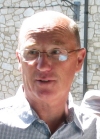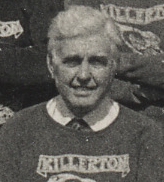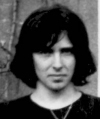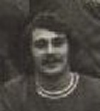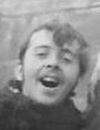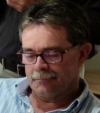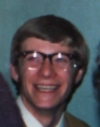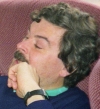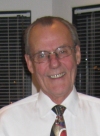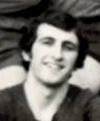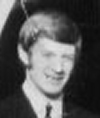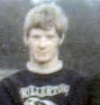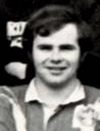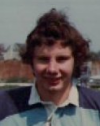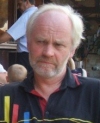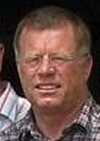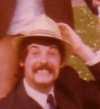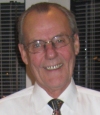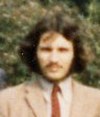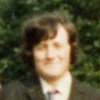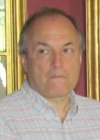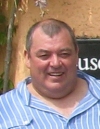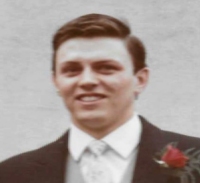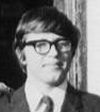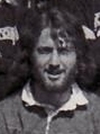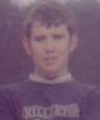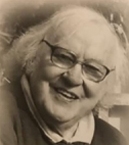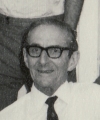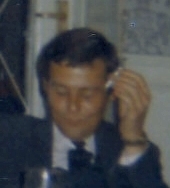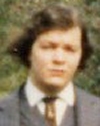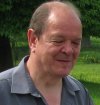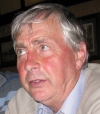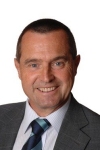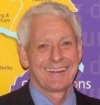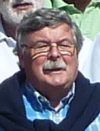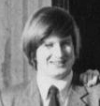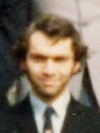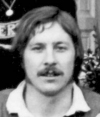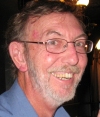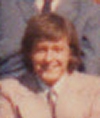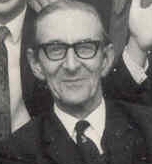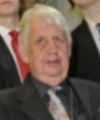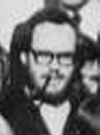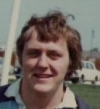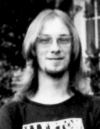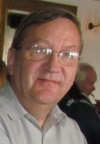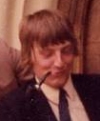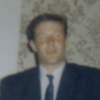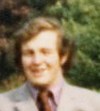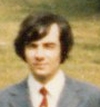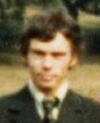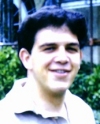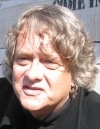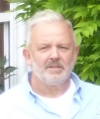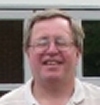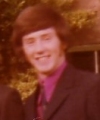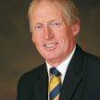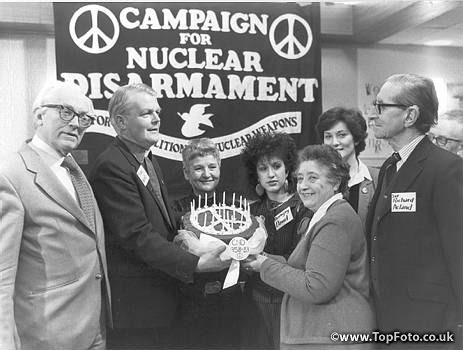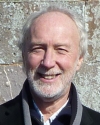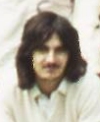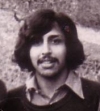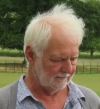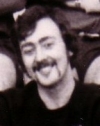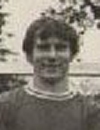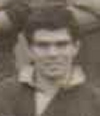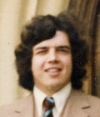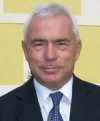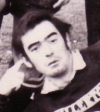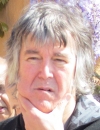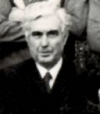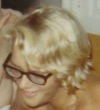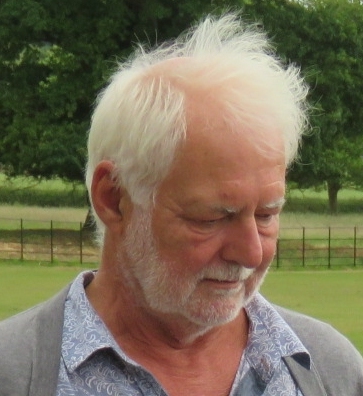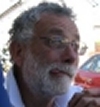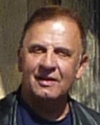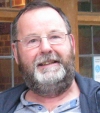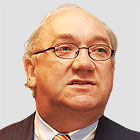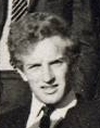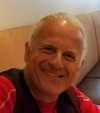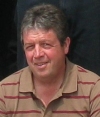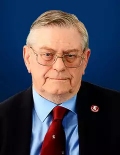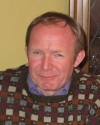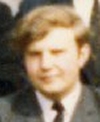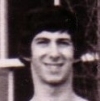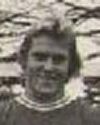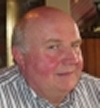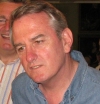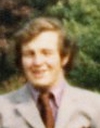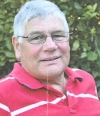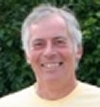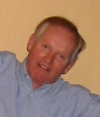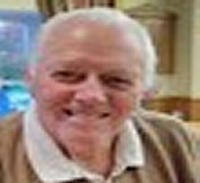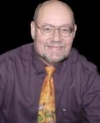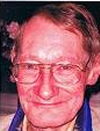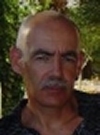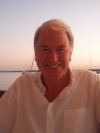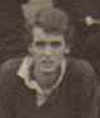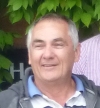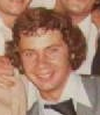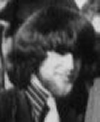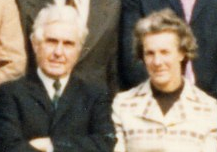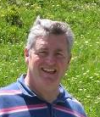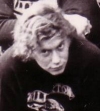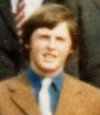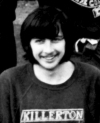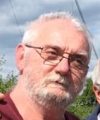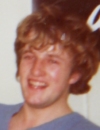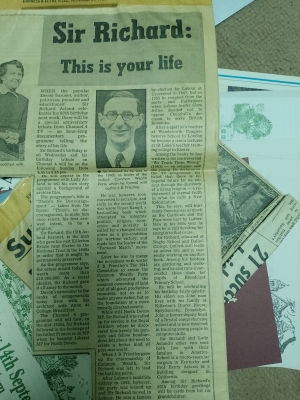 WHEN the popular Devon baronet, author, politician, preacher and educationist Sir Richard Acland celebrates his 80th birthday next week, there will be a special anniversary tribute from Channel 4 TV — an hour-long documentary programme telling the story of his life.
WHEN the popular Devon baronet, author, politician, preacher and educationist Sir Richard Acland celebrates his 80th birthday next week, there will be a special anniversary tribute from Channel 4 TV — an hour-long documentary programme telling the story of his life.
Sir Richard's birthday is on Wednesday and his birthday tribute on Channel 4 will be on the following Sunday from 8.45 to 9.45 pm.
He will appear in the programme with Lady Acland to tell his own story against a background of archive film. The programme's title is "There's No Discouragement" — taken from the hymn: "There's no discouragement, to make him once relent, his first avowed intent, to be a pilgrim."
Sir Richard, the 15th Ac-land baronet, is the man who gave his vast Killerton Estate near Exeter to the National Trust in the 1940s in order that it might be permanently preserved.
As the programme says, the estate would today be worth more than £10,000,000. As a social idealist, Sir Richard gave it all away to the nation.
Devon's newcomer to the ranks of octogenarians today lives with his architect wife Anne at College, Broadclyst.
The Channel 4 pro-gramme will tell how, in the mid-1930s, Sir Richard followed in the footsteps of his father Francis as an MP when he became Liberal MP for North Devon.
He was, however, soon converted to socialism, and early in the second world war wrote Unser Kampf, a best-selling book which attempted to integrate politics, religion, economics and morality. It called for a changed social order as a precondition for wartime victory, and made him the leader of the "Forward March" movement.
Later he was to merge the movement with writer J. B. Priestley's The 1941 Committee to create the Common Wealth Party which advocated the common ownership of land and of all great productive resources, not so as to make anyone richer, but as the foundation of a more morally directed society.
While still North Devon MP, Sir Richard was called up for service in the Royal Artillery where he discovered how keenly his gunners and fellow bombardiers felt about the need to create a better kind of post-war world. When J. B. Priestley gave up the chairmanship of Common Wealth, Sir Richard was left to lead the battling party.
After Labour's landslide victory in 1945, however, the party was wound up and Sir Richard moved to Labour. He won a famous by-election for Labour at Gravesend in 1947, but in 1955 he resigned from the party and Parliament when Labour leader Clem Attlee decided not to oppose Churchill's decision to make British H-bombs.
After a spell as a teacher at Wandsworth Comprehensive School in London he became a senior lecturer at St Luke's teacher training college in Exeter.
Among the books he has written is his controversial "We Teach Them Wrong" (1963) — on religion and the young. He declares in " the TV programme his belief that there is no hopeful future for us, except through the discovery of a living religion — a restatement of eternal truth in what he calls a New Reformation,
This, he says, will hurt many churchgoers as much as the Cardinals and the Pope were hurt by Luther. Now in his 80th year he says he is still devoting his energies to that cause.
Sir Richard, educated at Rugby School and Balliol College, Oxford, still leads an active life and is currently working on another book. Among his hobbies are gardening and walking, and he also runs a successful chess club for pupils of Broadclyst Primary School.
He will be celebrating his birthday fairly quietly. His eldest son John now lives with his family at Killerton's Dower House, Sprydoncote, Broadclyst. John is former deputy head of a Bristol comprehensive school and is now involved in training young people in computer skills.
Sir Richard' and Lady Acland's other two sons 11 both live with their families in America. Robert is a micro-vascular surgeon in Kentucky and Prof Henry Acland is a building designer in California.
Among Sir Richard's 80th birthday greetings will be cards from his six grandchildren.

